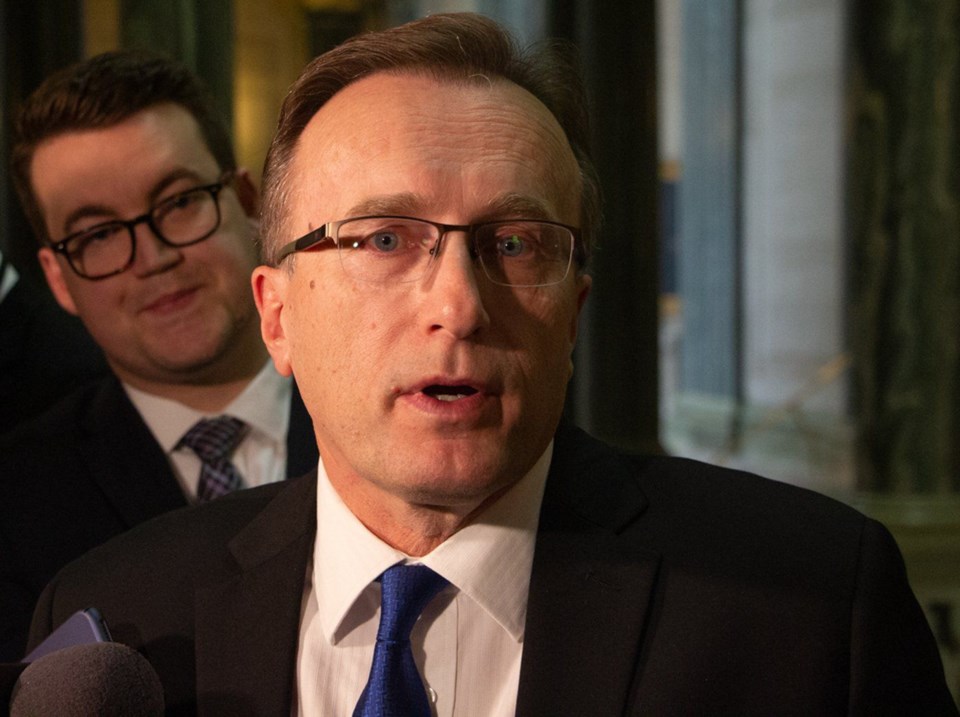Question period got heated quickly on Tuesday as the Saskatchewan Party and the NDP went back and forth over the issues facing healthcare funding, mainly centred around the province’s “two-for-one” MRI model.
Currently, the province operates on the “two-for-one” system where for-profit clinics can charge for MRI scans as long as they provide an equal number of scans to patients on a public wait list.
The system, designed to combat wait times, will be seen as an infraction after April 1, the deadline for all provinces to follow Health Canada’s diagnostic services policy. The policy says patients are exempt from fees for medically recommended diagnostic procedures.
“As a family doctor, when patients came to see me, I asked them how they are feeling, not how they are paying, because of Medicare. We have a universal public health care system that works for everyone. My question is: does the premier think that’s important? Or does he want to go along with the Minister of Health down the road of American-style two-tier, patient-pay health care?” said opposition leader Ryan Meili during question period.
B.C. saw $32 million in lost healthcare transfers from Ottawa for extra billing practices in 2018. While the numbers for what could be lost in Saskatchewan are currently unknown, if they fail to comply or fail to reach an agreement, healthcare funds will be lost for the province.
“The only difference between what we’re doing and what’s happening there, is here when somebody pays for a private MRI, the provider has to take somebody off the public queue. It helps the public queue,” said Health Minister Jim Reiter.
“I wonder if the member opposite would suggest what he would like. Would he like to go back to what was done before? As much as I love my seatmate, and he was eligible for an MRI back then, I think it’s important that all Saskatchewan citizens should have the same support,” he added.
Reiter later added in a media scrum he is hopeful common sense will prevail.
“I would think if anything, obviously that is beneficial to the public queue. If the federal government is going to force us do it what the other provinces are doing, I would think that would be a step backwards. I am hopeful that if I can make that case that common sense will prevail,” said Reiter.




